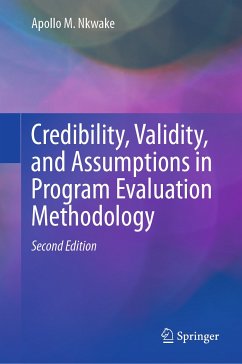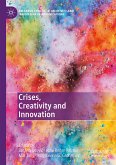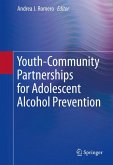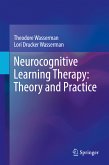The second edition extends the review of methodological assumptions to the evaluation of humanitarian assistance. While evaluators ofhumanitarian action apply conventional research methods and standards, they have to adapt these methods to the challenges and constraints of crisis contexts. For example, the urgency and chaos of humanitarian emergencies makes it hard to obtain program documentation; objectives may be unclear, and early plans may quickly become outdated as the context changes or is clarified. The lack of up-to-date baseline data is not uncommon. Neither is staff turnover. Differences in perspective may intensify and undermine trust. The deviation from ideal circumstances challenges evaluation and calls for methodological innovation. And how do evaluators work with assumptions in non-ideal settings? What tools are most relevant and effective? This revised edition reviews major evaluations of humanitarian action and discusses strategies for working with evaluation assumptions in crises and stable program settings.
Dieser Download kann aus rechtlichen Gründen nur mit Rechnungsadresse in A, B, BG, CY, CZ, D, DK, EW, E, FIN, F, GR, HR, H, IRL, I, LT, L, LR, M, NL, PL, P, R, S, SLO, SK ausgeliefert werden.
Hinweis: Dieser Artikel kann nur an eine deutsche Lieferadresse ausgeliefert werden.









